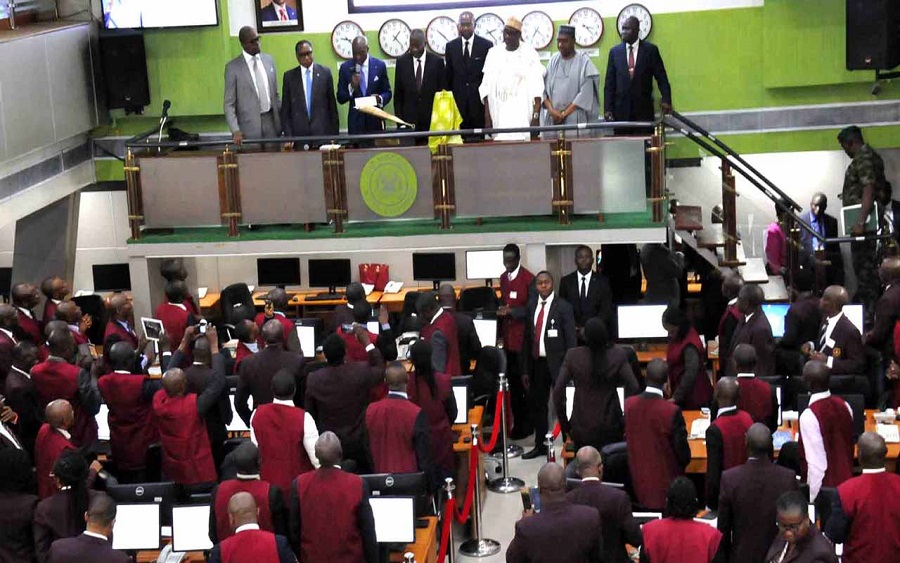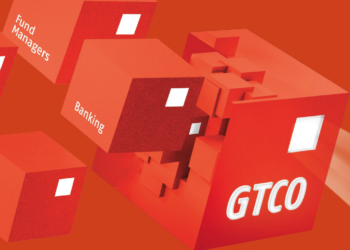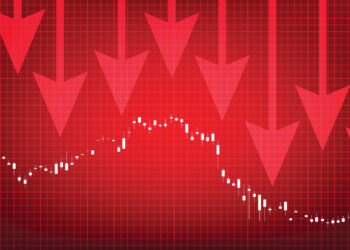When it was established as the Lagos Stock Exchange (LSE) in 1960, a lot of people had doubts that the Nigerian Stock Exchange could compete with other developing nation’s exchanges but providence had another plan for the Exchange.
Though it was conceptualised as a limited by guarantee not-for-profit organisation, the growth witnessed in the bourse with its impact on the nation’s economy has proved that it has been thriving on the goodwill, reputation and integrity of its leadership.
Members and leaders
The membership and leadership list of the NSE has always included “the movers and shakers” of the economy. Some of them are doyens of accounting. The only surviving initial signatory to the founding memorandum of the Exchange is Mr Akintola William, its first President. Others are Late Chief Adeola Odutola, Alhaji Aminu Dantata, Alhaji Aliko Dangote, Alhaji Abdul Rasaq (SAN), Chief Ernest Shonekan, the late Chief Jerome Udoji, Chief Chris Ogunbanjo, Chief Bayo Kuku, Dr Lateef Adegbite, the late Dr Chris Abebe and Mr Gamaliel Onosode, among others.
There are also Mr Isaiah Balat, Alhaji Isyaku Umar, Mr Oba Otudeko, Otunba Adekunle Ojora, Mr Pascal Dozie, Mr Paul Ogwuma, Chief Phillip Asiodu, Rear Admiral Alison Madueke, Senator Udo Udoma, and Senator David Dafinone.
Some of the state investment companies are also institutional members of the NSE, allowing the input of the states into the operations of the bourse. They are Adamawa Securities Limited, Kaduna Investment Company, Kano State Investment and Properties Limited, Katsina State Investment and Property Development Company Limited, Kwara State Investment Corporation, New Nigerian Development Company Limited, Niger State Development Company Limited, Sokoto Investment Company Limited and Yobe Investment Company Limited, among others.
[READ MORE: NSE Announces Call for Entries for its Inaugural Hackathon]

Change in the status quo
The NSE appeared firmly on the path of a radical change in ownership and other related structures with the renewed plan to demutualise the bourse. Later, SEC inaugurated a technical committee on the demutualisation. Former Chairman, SEC, Senator Udo Udoma, who inaugurated the technical committee headed by a commercial lawyer, Mr Asue Ighodalo. said the core mandate of the committee was to review and advise on the processes of demutualisation of the NSE in line with international best practices.
Demutualisation is the process of changing a member-owned stock exchange, otherwise known as mutual exchange, to a corporate entity owned by shareholders.
Former Director-General of SEC, Arunma Oteh, said given the outcome of demutualisation around the globe, the Commission believed demutualisation was critical for the growth of the Nigerian capital market.
Shareholders vs Operators
Shareholders under the aegis of Independent Shareholders Association of Nigeria (ISAN) and Progressive Shareholders Association of Nigeria (PSAN) fought against the involvement of SEC in the management and council of NSE, a move they believed undermined the independence of the bourse.
However, several operators and market pundits have thrown their weights behind the effort to jumpstart the demutualisation process, noting that NSE is a strategic national asset, whose ownership change must be well-guided in the overall national interest.
Rise, fall and Rise of NSE
Shortly after the former Governor, Central Bank of Nigeria, Prof. Charles Soludo, introduced the 2005 banking recapitalisation exercise, the market witnessed a dramatic turnaround as it capitalisation increased to about N13 trillion.
But following what was described as the worst crisis to hit the Nigerian stock market in the first half of 2008, investors’ wealth was reduced by a significant two-third of the market total value from about N13 trillion to a little over N4 trillion.
The meltdown in stock prices, the worst recorded in the history of the 59-year-old market earned it the highest declines posting amongst other African Exchanges in the first quarter of 2009. The huge bad loans granted by banks to operators in the market brought the value of stocks to all-time low.
The NSE’s All Share Index, the barometer for the movement of the market, fell by 37% in the early part of the year, the steepest quarterly decline in more than a decade and the worst of 89 benchmark indexes tracked by Bloomberg.

The market major indicators – the All-Share Index crashed to an all-time low 21, 715.82 basis points by the end of January 2009, from its opening of 29,176.80, reflecting a remarkable 44, 655.38 or 67.28% decline from the pre-crisis Index of 66,371.20. Similarly, the total market capitalisation of all listed equities declined significantly by over N7 trillion to N4.857 trillion from N12.623 trillion, representing 61.52% decrease.
But as at the end trading on September 30, 2019, the market rebounded. The ASI stood at 27.630.56 and the market capitalisation ended the day at N13.45 trillion.
“To all of our esteemed stakeholders, including our Exchange members (Ordinary and Dealing), the investor community, our issuers, the SEC and government policymakers who continue to drive value in our market, we appreciate each and every one of you. Let me use this opportunity to assure you that we will not relent in our efforts to continue to provide you with a reliable and adaptable exchange hub to save and access capital in Nigeria,” Chief Executive Officer, NSE, Oscar Onyema told Nairametrics.
[READ ALSO: Nigerian banks top list of NSE companies with highest employees]

About NSE
The Nigerian Stock Exchange services the largest economy in Africa and is championing the development of Africa’s financial markets. The NSE, a registered company limited by guarantee, was founded in 1960 and it is licensed under the Investments and Securities Act (ISA) and is regulated by the Securities and Exchange Commission (SEC) of Nigeria. The Exchange offers listing and trading services, licensing services, market data solutions, ancillary technology services and more.
The Nigerian Stock Exchange is committed to adopting the highest levels of international standards. To support this commitment, The NSE belongs to a number of international and regional organisations that promote the development and integration of global best practices across its operations. It is a member of the International Organization of Securities Commissions (IOSCO), the World Federation of Exchanges (WFE), Sustainable Stock Exchanges (SSE) Initiative, the SIIA’s Financial Information Services Division (FISD) and the Intermarket Surveillance Group (ISG). The Exchange is a founding member and executive committee member of the African Securities Exchanges Association (ASEA).
The NSE continues to evolve in order to meet the needs of its valued customers and to achieve the highest level of competitiveness. It is an open, professional and vibrant exchange, connecting Nigeria, Africa and the world.

























Nice
The Nigerian stock exchange has come a long way. However, the current performance of the market is not unrelated to the very shallow nature of the Nigerian economy, hence the need to deepen the economy by encouraging more real productivity and reducing reliance on imported alternatives.